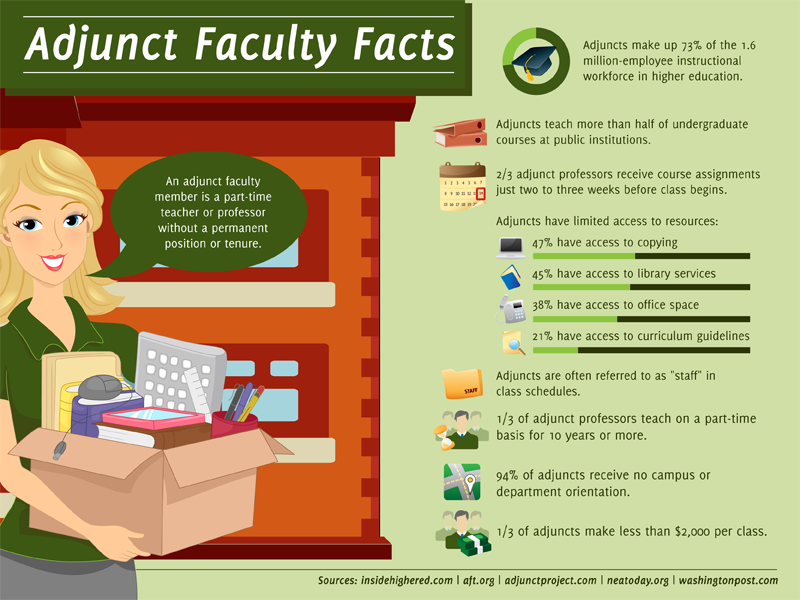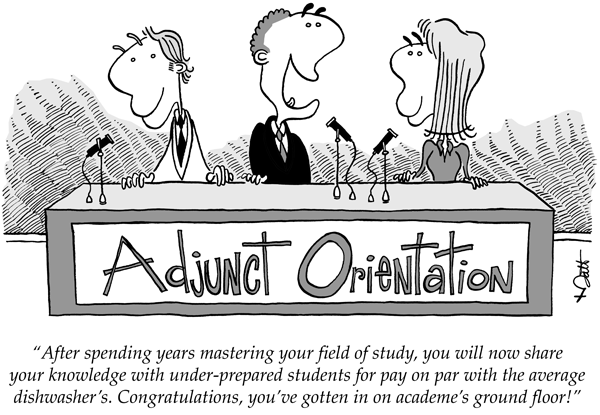New Push to Boost Numbers of Minority STEM Ph.D.s
California Institute of Technology, Stanford University, and the University of California campuses at Berkeley and Los Angeles jointly announced a new effort Thursday to increase the number of minority Ph.D.s in science, mathematics and technology fields. The four universities will create "a unique, cross-institutional community of underrepresented minority Ph.D. students, postdoctoral scholars and faculty members in the targeted fields; developing faculty training to better recognize and help these students thrive and advance; and conducting research that includes annual surveys of Ph.D. students about what factors impact their attitudes, experiences and preparation for the future," the announcement said.
Debt, Race and Ph.D.s
Colleges and universities -- not to mention many businesses -- have been pushing for gains in the numbers of black and Latino students who earn doctorates, especially in STEM or social science fields.
A new study may point to one hindrance in making progress toward this goal. Black and Latino graduate students are more likely to borrow and more likely to borrow larger sums to earn a Ph.D. than are white or Asian graduate students. The figures are particularly striking for African Americans and for STEM fields.
The median respondent salary was $22,041, below the federal poverty line for a family of four ($23,550), although the typical course load was difficult to ascertain from the online forum (with adjuncts reporting as many as 10 courses per semester). Some 89 percent of respondents teach at two or more institutions, and most can’t depend on assignments from semester to semester. Many also said they relied on help from family members and government assistance to survive, despite having advanced degrees. More than 50 percent of respondents had Ph.D.s and 30 percent held master’s degrees.
Respondents also reported low prospects for advancement to tenure-line or full-time jobs, and 89 percent said they received no professional support for teaching or research from their institutions. The average length of time respondents said they’d worked as an adjunct was 10 years. The median length of time was four years.
“Growing up in a poor neighborhood … I believed earning several college degrees would be my path out of poverty, but that is no longer the case,” one adjunct said.






 RSS Feed
RSS Feed
